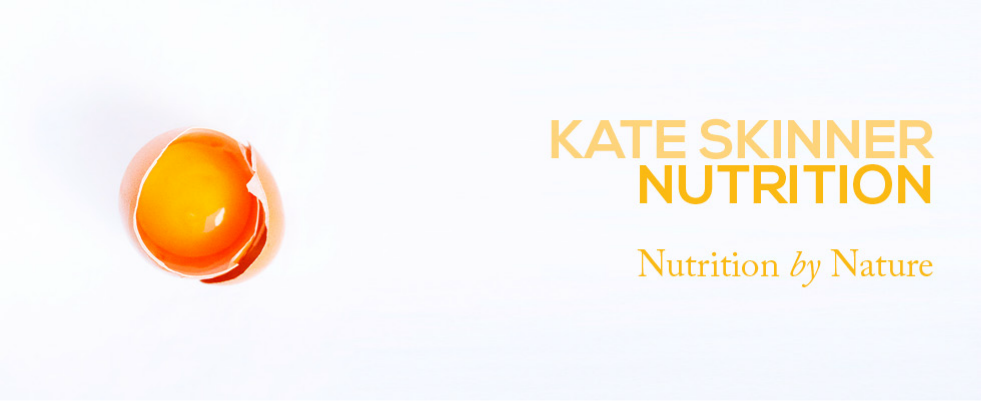Folic acid vs. natural folate: what you should know about fortified foods and vitamin supplements10/3/2012 Folic acid has gained a lot of negative press in the past for potentially increasing the risk of cancer development, and more recently multivitamins in general were linked to an increase in all-cause mortality.
0 Comments
There’s something magical about the way the French eat food. In France (pardon the generalization), people don’t seem to diet or deprive themselves, they appreciate quality of produce, real ingredients, developed flavours, and they take the time to savour long, lavish meals in an unhurried and sociable way.
This Cantonese classic is traditionally served to women post-childbirth, and is shared with friends and visitors in celebration of the arrival of a baby. As per Traditional Chinese Medicine philosophies, the dish is heralded for its ‘blood-building’, ‘re-building’ and ‘warming’ properties. According to our understanding of modern nutrition, I’d say that it’s incredibly nourishing for a number of reasons, as a rich source of:
It’s quite shocking that polyunsaturated fats are still being touted as “healthy” fats, as the scientific literature clearly shows the damage caused by these types of fats in a multitude of both animal and human studies. Recommending the consumption of polyunsaturated oils for their ‘heart-healthy benefits’ is equivalent (or worse) than the old 20th century medical adage to prescribe smoking as a treatment for sufferers of chronic asthma (true).
“Dietary salt restriction has become a cultural cliché, largely as a consequence of the belief that sodium causes edema and hypertension.” Ray Peat PhD
The French have consommé and glace de viande, the Vietnamese have pho, the Japanese have ramen, and so on – nearly every culture has traditionally included broths and stocks made from animals bones in their diets.
A quick Google search of the phrase “last 5-10 pounds” yields ~ 29 million, 600 thousand results.
It seems that last 5-10 pounds are notoriously tough to lose and a source of frustration for millions of women. Do you cut calories/restrict carbohydrates/exercise excessively/fast intermittently/go hungry/slurp down cabbage soup? All of the above? There’s been a fair amount of hoo-hah in the nutritional web-o-sphere as of late regarding the “fattening” properties of dietary carbohydrates, what with the rise of the Paleo/Primal movement, French Dukan hype, LCHF (low carb high fat) and the old Atkins Diet Revolution movement reliving another moment of glory. The Scandinavians are certainly on board1, with Swedish and Danish bread producers feeling the toll3.
|
Kate SkinnerNutritionist, Health Writer Top postsHot topics
All
|

